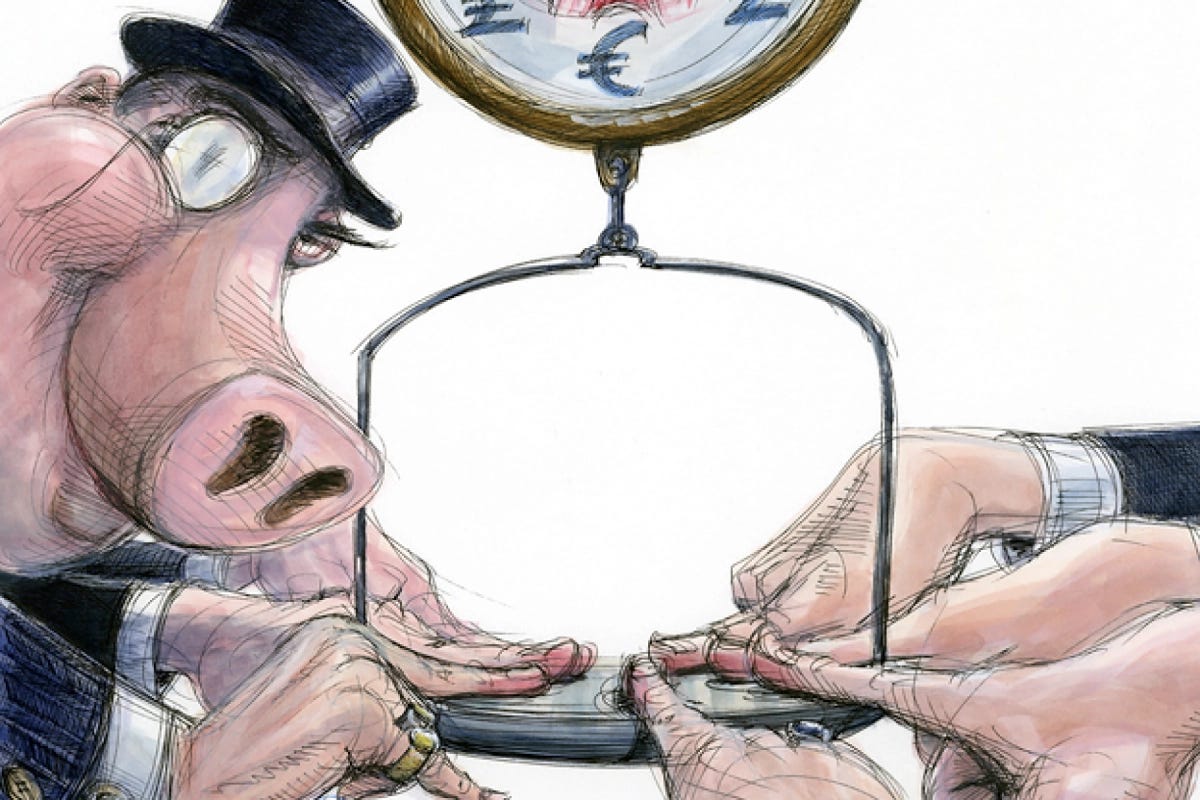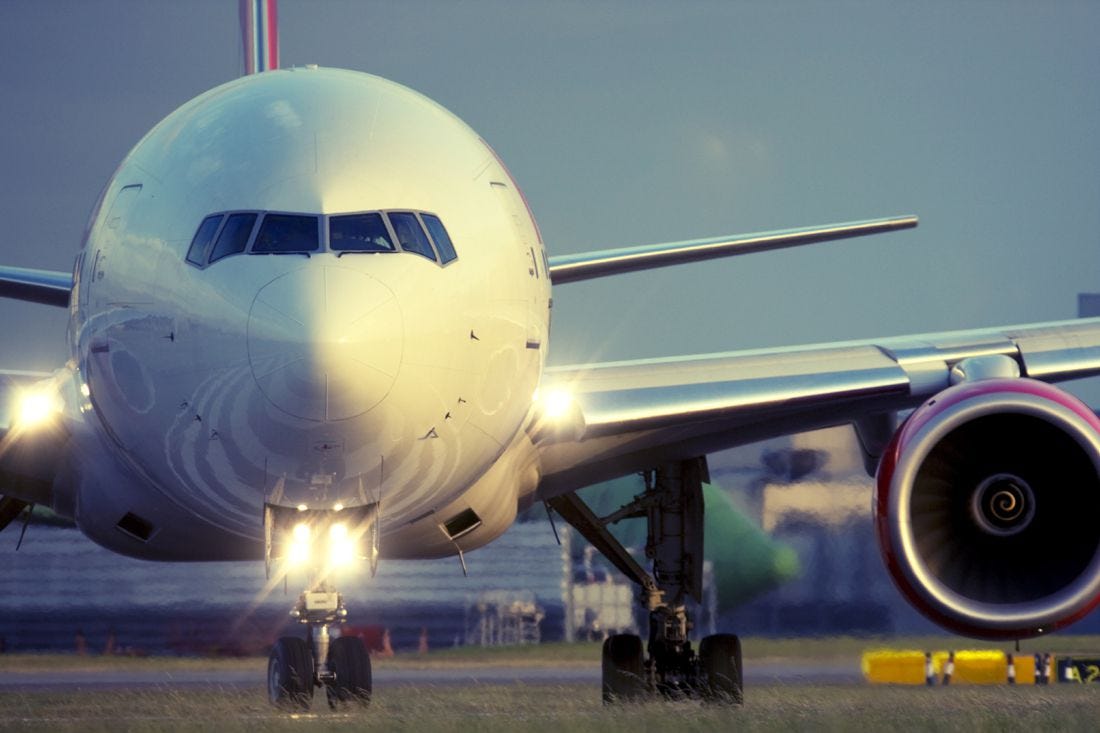In our maiden article, we cited Adam Smith as having pointed out that people of the same trade often converge, and the resultant conversation is often a ploy to raise prices. This article is about that very practice: price fixing.
Price fixing occurs where competitors in a given industry agree to uniformly raise, lower, or stabilise prices. This is often shrouded in secrecy and tends to lead to an overall increase in prices. This is beneficial for the fixing companies, who will ultimately obtain higher margins in the absence of cheaper products in the market. On the flip side, consumers suffer from higher prices, which have been arbitrarily determined without due regard to the forces of supply and demand. Competition authorities have thus been keen to halt such practices from arising in the free market and have thus declared price fixing illegal.
Perhaps the most publicised and severe instance of this anticompetitive practice was the 2012 LIBOR Scandal. This scandal saw many leading financial institutions spanning multiple continents, such as Barclays, JP Morgan Chase, and the Royal Bank of Scotland, implicated for colluding to fix the London Interbank Offered Rate (LIBOR). In simple terms, LIBOR is a benchmark interest rate that is used globally to determine the pricing of loan and derivative products. It is calculated as an average interest rate, based on the submissions of various banks on the rates they pay when borrowing from other banks.
For several years, traders had colluded to submit artificial rates resulting in LIBORs that were more profitable for their businesses. In contrast, consumers were affected by mispricing of corporate and student loans, as well as mortgages. This resulted in fraudulent interest payments estimated at $4 billion. This right here displays why price fixing is detrimental to society at large. While the 1% benefit from colluding, consumer welfare is put at jeopardy. Thus, the intervention of our trusted friends, the competition authorities, becomes vital to remedy such market failure.
Now, let us have a look at price fixing in Africa.
Most recently, the Federal Competition and Consumer Protection Commission (FCCPC) opened price fixing investigations on all Nigerian airlines, with a single exception. This was based on a uniform increase of 66% of the minimum airfares charged by the airlines in question. This is likely to point to price fixing and anti-competitive collusion contrary to the Federal Competition and Consumer Protection Act, 2018 (FCCPA).1 It is worth pointing out that nothing forbids a company from independently increasing its prices. However, this should not be done based on an agreement between rival firms, as this would injure competition and consumers.
Members of the aviation community argue that this is a case of an increment based on increase in jet fuel, devaluation of the Naira, and a general increase in operation costs. On the contrary, the FCCPC is unlikely to buy this argument as there is evidence that the Airline Operators of Nigeria have been engaging in boardroom meetings for over 3 weeks to discuss industry issues, among which included setting of base fares.
It is notable that the South African Competition Commission has similarly relied on meetings held by an industry group, the South African Tyre Manufacturers Conference (Pty) Ltd, to allege price fixing in the South African tyre sector by Apollo Tyres, Bridgestone, Continental Tyres, and Goodyear South Africa (Pty) Ltd.
Similarly, the Competition Authority of Kenya (CAK) clamped down on cartel pricing in the paint industry. Crown Paints, the biggest and only publicly listed paint company in Kenya, together with Basco Products Limited, Kansai Plascon, and Galaxy Paints, were found guilty of price fixing and determining when and whom to offer discounts in breach of Section 31 of the Competition Act 2010. It is feared that for many years prior to the 2018 investigations, Kenyan consumers bought paint at inflated prices. Although three of the companies appealed the decision by the CAK, Basco Products Limited was not in dispute of their past practice and paid a fine of $2 million and agreed to desist from similar breaches in the future.2
Crucially, whenever a few players dominate a specific market, authorities ought to be on high alert for anti-competitive practices, such as price fixing. A similar case within the Zambian cement industry led to a similar fine as the dominant firms, Lafarge Zambia plc, Dangote Cement Zambia Limited, and Mpande Limestone Limited, were found culpable of engaging in price fixing. This was through sharing price adjustment proposals accompanied by management approvals and exchanging information on future prices and rebates (or discounts).
Price fixing is often not easy to decipher, as it is often executed in secrecy. In other cases, it may merely be a case of independent responses to normal market conditions. An example of this is a proportionate price increase by industry players, to match a similar increase in the cost of goods, as is arguably the case with the Nigerian airlines. It is thus critical for the watchdogs to observe and question suspicious market trends such as sustained and uniform price increments, the timing and percentage of discounts offered by competing players, as well as actions taken following relevant industry meetings.
I will conclude here for today, but for a more laid back engagement with price fixing, I recommend watching the Informant starring Matt Damon.
Before you go…
…here are some recent developments in the world of competition law:
GovChat and #LetsTalk: South Africa’s Competition Commission has referred Facebook and WhatsApp to the Competition Tribunal for abusing their dominant position. What did they do? They restricted GovChat from having access to WhatsApp. GovChat is a startup that helps the South African government to connect to citizens through WhatsApp for things such as processing social security applications, processing support during the COVID-19 pandemic, and even to allow citizens to complain about bad roads. It has a subsidiary, #LetsTalk, whose access was also restricted. And through these practices, WhatsApp was said to have excluded potential competitors. WhatsApp takes the view the access was restricted because GovChat (and #LetsTalk) failed to comply with its terms of service. I (Fola) have plenty to say on this and will unpack some of the issues in a subsequent post.
Booksellers in Mauritius: The Competition Commission of Mauritius has determined that three separate importers and distributors of secondary school books have breached the prohibition against resale price maintenance (RPM). The companies are Editions Le Printemps Ltée, Editions de L’Océan Indien, and Edubooks. But, you might be wondering, what is RPM? It is when distributors pre-determine the price that a reseller can charge for their product. It limits pricing freedom and is, in effect, a form of price fixing, which can distort the commercial independence in a market.
Sections 107(1)(a) and 108 of Federal Competition and Consumer Protection Act, 2018.
The CAK and other African competition authorities are typically empowered to impose a financial penalty of 10% of the company’s preceding years gross annual turnover.






